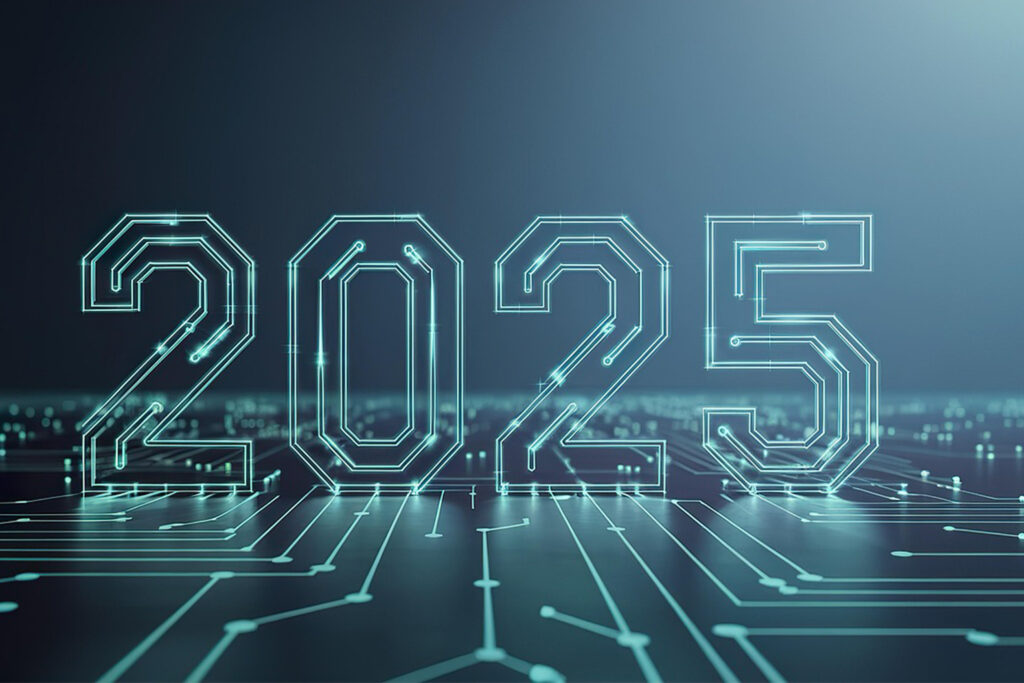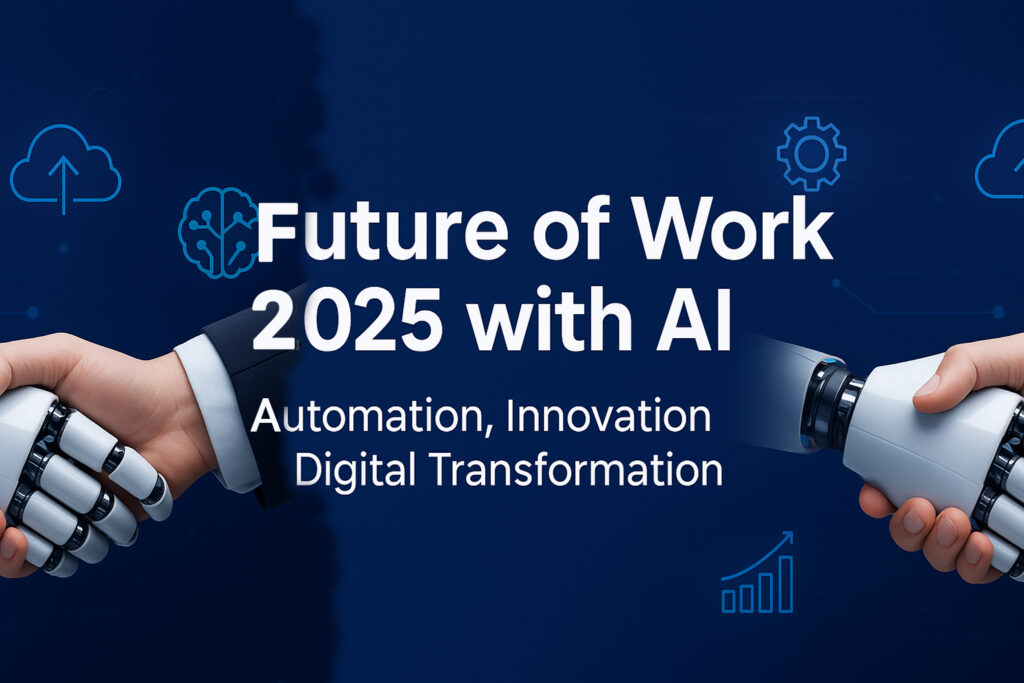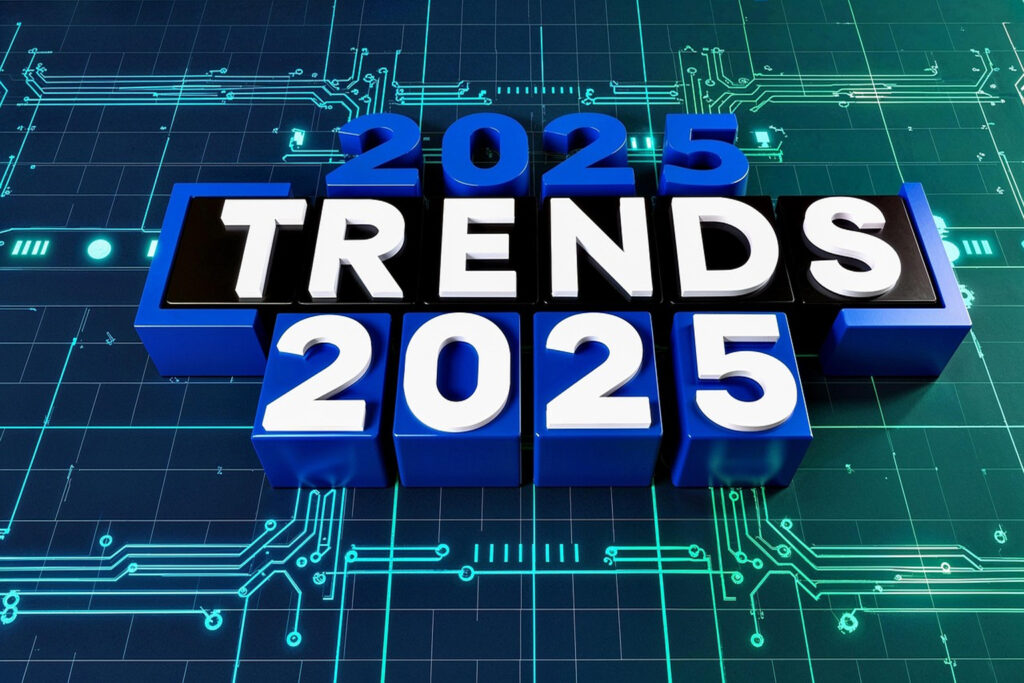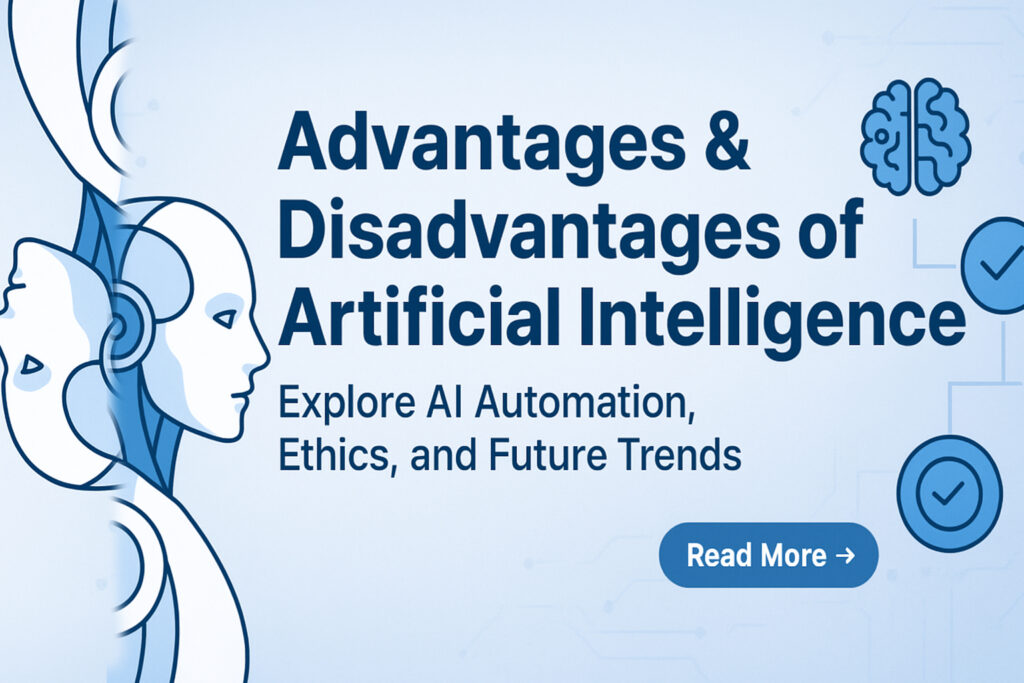What Will the Future of Work Look Like in 2025 with AI?

Introduction
The world of work is transforming at an unprecedented pace. With the rapid rise of Artificial Intelligence (AI), automation, and digital transformation, 2025 is expected to mark a new era in the way we work. Businesses, industries, and employees are already experiencing major shifts—from smarter workplaces to AI-driven innovation that reshapes traditional job roles. But what exactly will the future of work 2025 look like? And how can we prepare for this change? Let’s dive deep into the trends and possibilities.
Future of Work 2025: A New Landscape
The future of work in 2025 will be characterized by a blend of human creativity and machine intelligence. While some repetitive tasks will be fully automated, human workers will still play a critical role in decision-making, strategy, and innovation. Remote work, flexible schedules, and global collaboration will become the norm, supported by AI-powered tools that make communication and project management seamless.
By 2025, workplaces will focus more on skills like adaptability, critical thinking, and emotional intelligence—qualities that machines can’t replicate.
AI in the Workplace: Enhancing Human Potential
The role of AI in the workplace is not just about replacing jobs but augmenting human abilities. AI-powered assistants will help employees save time on administrative tasks, analyze massive amounts of data, and provide valuable insights. This will free up workers to focus on creativity, problem-solving, and innovation.
For employers, AI offers the opportunity to boost productivity, streamline processes, and create a healthier work-life balance for their teams. From AI chatbots handling customer service to intelligent software managing supply chains, the workplace in 2025 will be smarter and more efficient than ever before.

AI-driven Innovation Across Industries
One of the most exciting aspects of the future of work 2025 is AI-driven innovation. Industries like healthcare, finance, education, and manufacturing are already adopting AI to create new solutions. For example:
In healthcare, AI can predict diseases earlier and personalize treatments.
In education, AI tools provide personalized learning experiences for students.
In finance, AI enhances fraud detection and risk management.
In manufacturing, smart robots improve production speed and safety.
This innovation doesn’t just improve efficiency; it creates new jobs and opportunities in areas like AI ethics, data science, and digital security.
Automation and Jobs: Threat or Opportunity?
A common concern is that automation will eliminate jobs. While it’s true that some traditional roles may decline, automation and jobs are not enemies. Instead, automation will change the nature of work. Repetitive and dangerous tasks will be handled by machines, allowing humans to focus on higher-value work.
According to recent studies, AI and automation are expected to create more jobs than they replace, especially in fields like technology, AI development, digital marketing, and data analysis. The challenge for workers will be reskilling and adapting to new roles.
Digital Transformation: Shaping Tomorrow’s Work
The backbone of the future of work 2025 is digital transformation. Businesses that invest in digital technologies like cloud computing, AI, and automation will stay ahead of the competition.
Digital transformation is not just about adopting new tools; it’s about changing workplace culture. Employees will need continuous learning opportunities, and companies must foster innovation and flexibility to thrive. By 2025, organizations that embrace digital transformation will enjoy improved efficiency, global reach, and stronger employee engagement.
Conclusion
The future of work 2025 with AI is filled with both challenges and opportunities. AI in the workplace, automation, and digital transformation will redefine how we work, but human creativity, adaptability, and emotional intelligence will remain at the core. Workers and businesses that embrace change, reskill, and innovate will thrive in this new era.
FAQs: Future of Work with AI in 2025
1. What will the workplace look like in 2025 with AI?
Workplaces will be more digital, collaborative, and AI-powered, with humans and machines working together.
2. Will AI replace human jobs by 2025?
AI will replace some repetitive jobs, but it will also create new opportunities in technology, innovation, and digital fields.
3. How will automation impact jobs in 2025?
Automation will take over repetitive tasks, allowing humans to focus on creative, strategic, and problem-solving roles.
4. What industries will benefit most from AI-driven innovation?
Healthcare, finance, education, and manufacturing are expected to see the biggest impact from AI innovation.
5. Why is digital transformation important for the future of work?
Digital transformation ensures businesses remain competitive, efficient, and adaptable in a fast-changing world.
6. What skills will be most valuable in 2025?
Adaptability, critical thinking, creativity, emotional intelligence, and tech literacy will be essential.
7. How can employees prepare for the future of work?
By reskilling, learning about AI, embracing digital tools, and focusing on creativity and human-centered skills.

